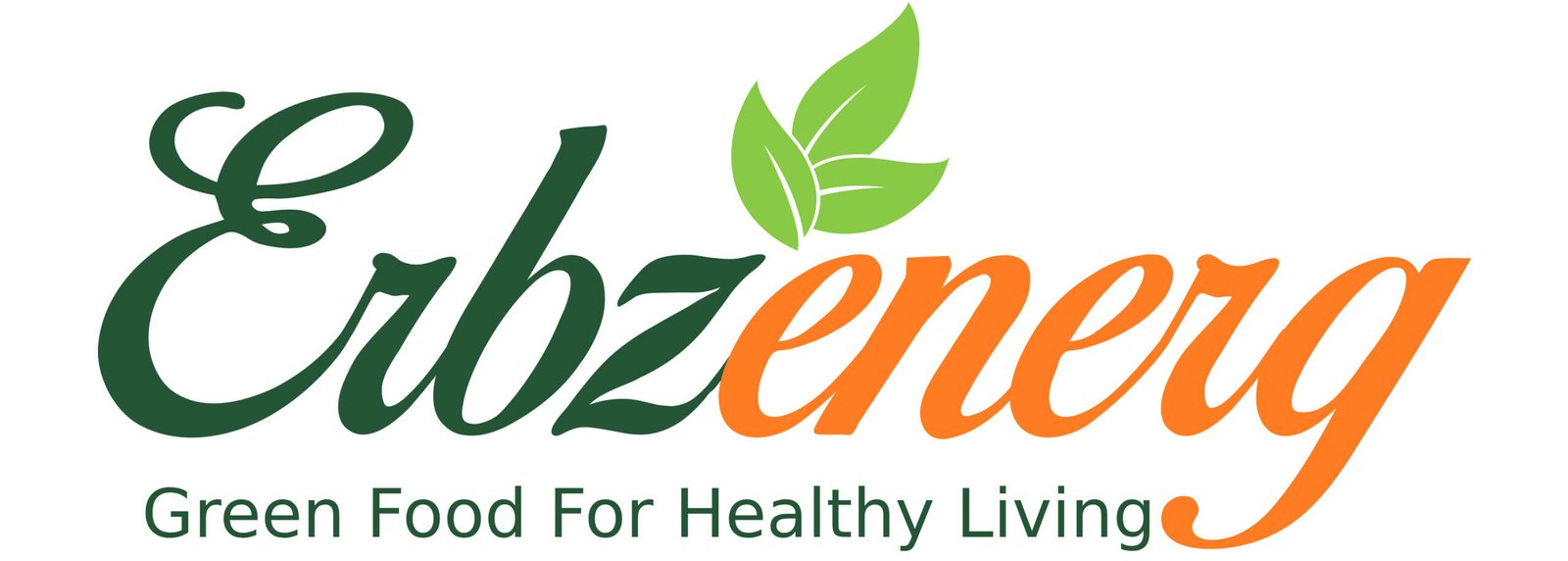Choosing the right dietary supplement can sometimes feel overwhelming. With so many options on the market—capsules, powders, tablets—how do you know which one suits your needs best? The form of the supplement you take plays a crucial role in how well your body absorbs nutrients, how convenient it is for your lifestyle, and even how effective it can be for your specific health goals.
In this guide, we’ll break down the pros and cons of capsules, powders, and tablets to help you make an informed decision. Whether you’re looking to boost immunity, improve fitness, or support overall wellness, understanding supplement forms will empower you to choose wisely.

Why the Form of a Supplement Matters
Before diving into specifics, it’s important to understand that not all supplements are created equal—especially when it comes to their delivery format. The way a supplement is formulated impacts:
- Absorption rate: How quickly your body can digest and use the nutrients
- Dosage flexibility: Ability to adjust how much you take at a time
- Convenience: How easy it is to incorporate into your daily routine
- Taste and palatability: Whether you have to tolerate any flavors or textures
- Stability and shelf life: How long the supplement lasts without losing potency
Knowing these factors helps you pick the best form to maximize benefits while fitting seamlessly into your lifestyle.
Capsules: The Convenient Choice
Capsules are small, easy-to-swallow containers made from gelatin or vegetarian alternatives that encase powdered or liquid supplements.
Benefits of Capsules:
- Fast absorption: Capsules often dissolve quicker than tablets, enabling faster release of active ingredients.
- Neutral taste: The shell masks unpleasant tastes or odors, ideal for bitter supplements like turmeric or herbal extracts.
- Easy on the stomach: Less likely to cause irritation or digestive discomfort.
- Vegan options: Many brands now offer plant-based capsules suitable for vegan and vegetarian users.
Considerations:
- Cost: Capsules tend to be slightly more expensive due to manufacturing complexity.
- Dietary restrictions: Some capsules contain gelatin derived from animal sources; always check labels if you’re vegan or vegetarian.
- Storage: Capsules may be more sensitive to heat and humidity, so proper storage is important.
Capsules are a popular choice for busy individuals who want a no-fuss supplement that’s quick to take without taste issues.
Powders: Flexible and Fast-Acting
Powders are supplements in loose form, meant to be dissolved in water, juice, or smoothies.
Benefits of Powders:
- Custom dosing: You can adjust the amount depending on your needs, great for athletes or those who want gradual increases.
- Rapid absorption: Liquid form means nutrients get into your system faster.
- Versatile use: Easy to mix into shakes, yogurt, or recipes, making supplementation more enjoyable.
- Good for large doses: Especially useful for protein powders or supplements requiring higher intake.
Considerations:
- Taste and texture: Some powders have strong or unpleasant flavors and may be gritty. Flavored options can help but check for added sugars or artificial ingredients.
- Preparation time: Requires mixing before consumption, which may be inconvenient if you’re on the go.
- Portability: Less convenient to carry compared to capsules or tablets unless pre-packaged in sachets.
Powders suit those who want flexibility in dosing and enjoy mixing supplements with their meals or beverages.

Tablets: Affordable and Long-Lasting
Tablets are compressed powdered supplements formed into solid shapes.
Benefits of Tablets:
- Cost-effective: Typically the least expensive form, making them ideal for long-term use.
- Long shelf life: Tablets usually have preservatives or binders that increase stability.
- Easy to store and transport: Compact and sturdy, tablets won’t spill or get damaged easily.
- Wide availability: Most supplements are available as tablets, giving you many options.
Considerations:
- Swallowing difficulty: Larger tablets can be hard for some people to swallow.
- Slower absorption: Because tablets take longer to break down, nutrients may absorb more slowly.
- Fillers and binders: Some tablets contain additives that some individuals prefer to avoid.
Tablets are great for those who want an economical supplement option and don’t mind a slightly slower effect.
Additional Tips for Choosing the Right Supplement Form
1. Consider Your Health Goals
If you need fast-acting relief (e.g., for immune support), powders or capsules might be better. For general maintenance, tablets work fine.
2. Check for Allergies or Sensitivities
Always read ingredient lists to avoid allergens like gluten, dairy, or soy. Some capsules might contain gelatin or additives.
3. Lifestyle & Convenience
If you travel often or have a hectic schedule, capsules or tablets are easier to carry and take anywhere.
4. Speak to a Healthcare Professional
Before starting any supplement, consult your doctor or a nutritionist to ensure safety and appropriateness.
Why Erbzenerg’s Quality Makes a Difference
At Erbzenerg, we understand that the form of your supplement matters — but quality matters even more. Our products are manufactured in GMP & ISO certified facilities, ensuring purity, safety, and potency across capsules, powders, and tablets. We rigorously test every batch to meet the highest standards, so you get the best possible supplement to support your health journey.
Final Thoughts
Choosing the right supplement form is about more than just convenience—it’s about optimizing absorption, aligning with your lifestyle, and feeling confident in what you’re putting into your body. Whether you prefer the ease of capsules, the flexibility of powders, or the affordability of tablets, make sure you select a trusted brand like Erbzenerg for guaranteed quality.
Ready to Find Your Perfect Supplement?
Browse our Product Catalog and discover a wide variety of capsules, powders, and tablets tailored to your health goals. Have questions? Reach out to our 24/7 support team — we’re here to help!
Learn more About us – RKS HEALTHCARE
